News
-
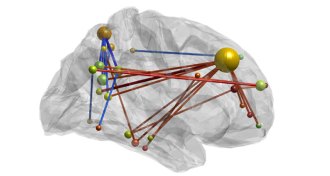 Neuroscience
NeuroscienceBrain training turns recall rookies into memory masters
Six weeks of training turned average people into memory masters, a skill reflected in their brains.
-
 Astronomy
AstronomyAstronomers detect oldest known stardust in distant galaxy
The first stardust ever generated in the universe may have been spotted in a distant galaxy, seen as it was 600 million years after the Big Bang.
-
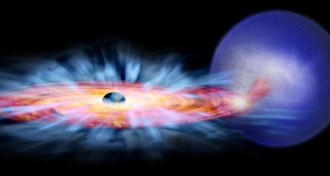 Astronomy
AstronomyMagnetism helps black holes blow off gas
The turbulent winds that swirl around black holes are probably driven by magnetic fields, scientists say.
-
 Paleontology
PaleontologyIdentity of ‘Tully monster’ still a mystery
Paleontologists challenge whether the Tully monster actually was a vertebrate because it lacks key vertebrate structures.
-
 Science & Society
Science & SocietyChoosing the right cyberattack response is a complicated game
Public shaming or retaliation aren’t necessarily the best strategies in the world of cyber warfare, an analysis reveals
-
 Ecosystems
EcosystemsIf you think the Amazon jungle is completely wild, think again
Ancient Amazonians partly or fully domesticated fruit and nut trees that still dominate some forests.
By Bruce Bower -
 Earth
EarthEarth’s mantle may be hotter than thought
Earth’s mantle is warmer than previously thought, suggests a new experiment that better accounts for water content in rocks.
-
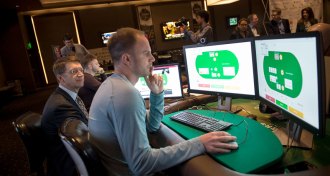 Computing
ComputingWinning against a computer isn’t in the cards for poker pros
Poker-playing computers beat professional players at heads-up no-limit Texas Hold’em.
-
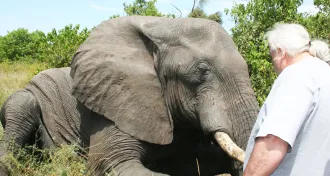 Animals
AnimalsWild elephants clock shortest shut-eye recorded for mammals
Among mammals, wild elephants may need the least amount of sleep, new measurements suggest.
By Susan Milius -
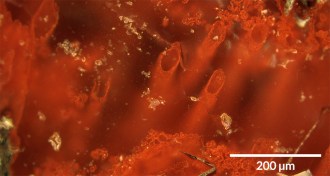 Paleontology
PaleontologyOldest microfossils suggest life thrived on Earth about 4 billion years ago
A new claim for the oldest microfossils on Earth suggests that life may have originated in hydrothermal vents, but some scientists have doubts.
By Meghan Rosen -
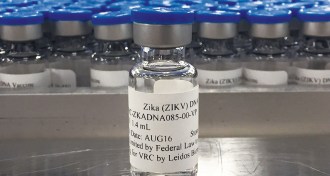 Health & Medicine
Health & MedicineDNA may offer rapid road to Zika vaccine
Researchers are pursuing multiple vaccine strategies for blocking Zika infection.
By Meghan Rosen -
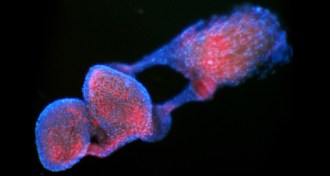 Life
LifeBacteria genes offer new strategy for sterilizing mosquitoes
Two genes in Wolbachia bacteria could be used to sterilize mosquitoes that transmit Zika.